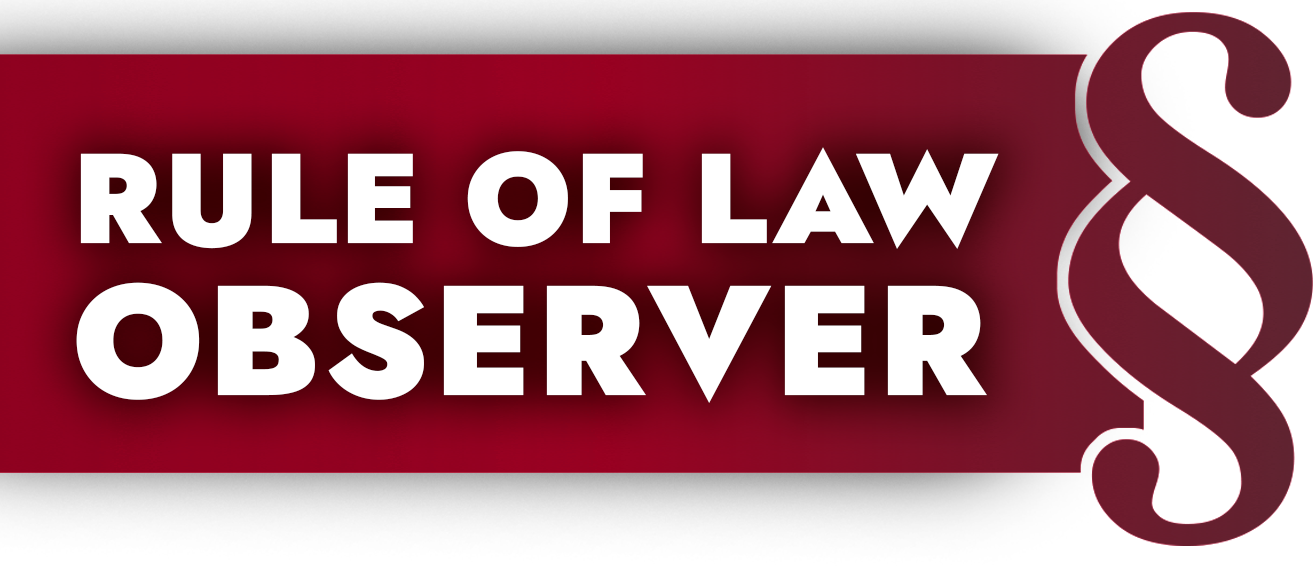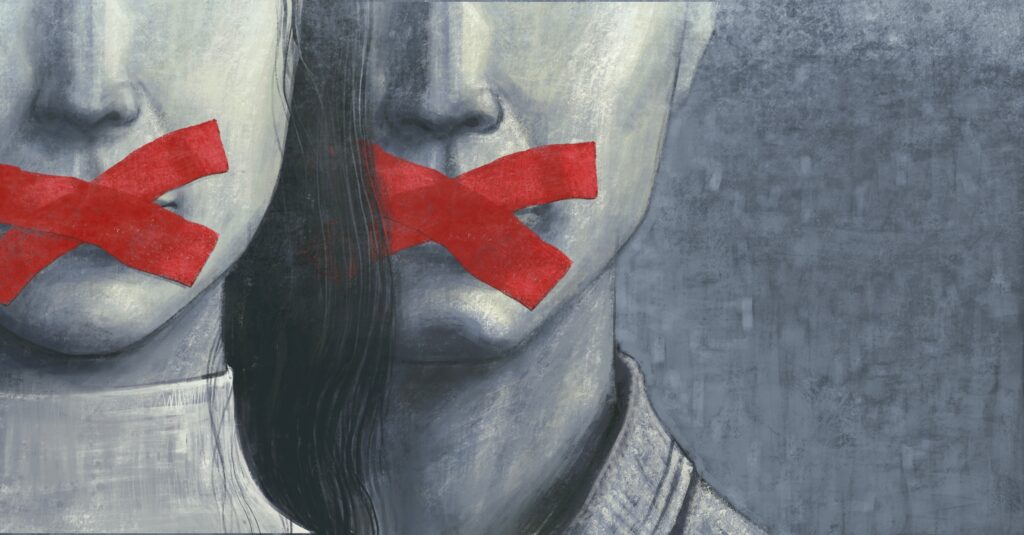According to media reports, on 22 January 2024, journalists from Telewizja Republika were not allowed to attend the conference of the Minister of Culture and National Heritage, Bartłomiej Sienkiewicz, devoted to the liquidation of TVP and Polskie Radio. The Ombudsman, Marcin Wiącek, intervened in the case and on 1 February asked the Ministry to comment on the above reports.
The Ombudsman also emphasised that, in accordance with Article 2 of the Press Law, state authorities, in accordance with the Constitution of the Republic of Poland, are obliged to create the conditions necessary for the media to perform their functions and tasks, including enabling the activities of daily and weekly newspaper editorial offices with diverse programmes, thematic scope and presented attitudes.
Article 1 of this law also confirms the role of journalists as enforcers of citizens’ right to be reliably informed, public transparency, and social control and criticism.
The decision – probably politically motivated, due to the editorial line of Telewizja Republika, critical of the current authorities – to exclude its journalists from the possibility of participating in the Minister’s press conference, in the opinion of the Ombudsman, could constitute a violation not only of the above-mentioned statutory norms, but also of Article 54 of the Constitution, according to which everyone is guaranteed freedom to express their views and to obtain and disseminate information, while preventive censorship of the mass media and licensing of the press are prohibited. The ombudsman also referred to Article 14 of the Constitution, according to which the Republic of Poland shall ensure freedom of the press and other means of social communication.
In its response, published by the Ombudsman, the Ministry defended itself by claiming that Telewizja Republika had not been accredited for the conference in question due to the hate speech that is a constant element of the station’s broadcasts.
However, the Ombudsman indicated that the competent body to assess whether the activity of a television broadcaster is in accordance with the prohibition of promoting activities contrary to the law, Polish raison d’état, and attitudes and views contrary to morality and social good, particularly those containing content inciting hatred or violence, is the National Broadcasting Council. This results from Article 213 of the Constitution, according to which this body is the guardian of freedom of speech, the right to information and the public interest in radio and television. However, as the Ombudsman emphasises unequivocally: No provision of generally applicable law grants the competence to evaluate the activities and possible application of sanctions against broadcasters to government administration bodies, including the Minister of Culture and National Heritage.
The Ombudsman concluded the whole situation quite firmly: Excluding the possibility of journalists from a specific television station asking questions constitutes a restriction of the freedom of public debate and interferes with the constitutional value of media pluralism. He also appealed to the Minister to reconsider allowing journalists from Telewizja Republika to attend press conferences .
This action is yet another example of how ministers of the current government are usurping the powers of another independent constitutional body without any legal basis.
The above actions of the Minister became the subject of a complaint by Telewizja Republika for infringement of personal rights, on the basis of which the District Court in Warsaw, IV Civil Division, issued a judgment (at first instance), ordering Minister Sienkiewicz to submit a statement with the following content:
I, the Minister of Culture and National Heritage, apologise to Telewizja Republika S.A. for repeatedly refusing to allow Telewizja Republika S.A. to participate in press conferences convened by the Minister of Culture and National Heritage. This action violated the personal rights of Telewizja Republika S.A. in the form of access to information. I am submitting this statement as a result of a court case brought by Telewizja Republika S.A. At the same time, I consent to the publication of this statement by Telewizja Republika S.A. at any time, place, and in any form.
The Ombudsman also intervened in other similar cases. On 10 July, the Ombudsman asked the head of the Prime Minister’s Chancellery, Jan Grabec, about the circumstances of the refusal to allow a reporter from Telewizja Republika to attend Prime Minister Donald Tusk’s conference on 26 June 2024, which concerned, among other things, the construction of the Central Communication Port. In September 2024, the Deputy Ombudsman, Wojciech Brzozowski, intervened in the case of Prime Minister Donald Tusk’s press conference and the crisis management meeting in Wrocław.
According to media reports, this problem is still ongoing – for example, on 2 March 2025, a journalist from Telewizja Republika was not allowed to attend Prime Minister Donald Tusk’s press conference at the Polish Embassy in London, which was held in connection with the emergency summit of European leaders on the war in Ukraine.
These actions certainly do not contribute to strengthening media pluralism and free public debate in Poland.
Illustration source: Adobe Stock.


